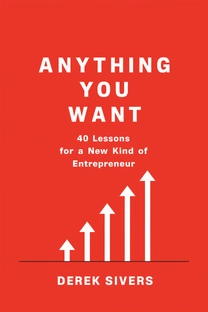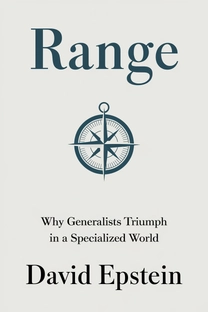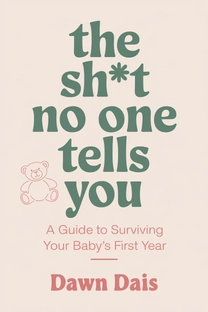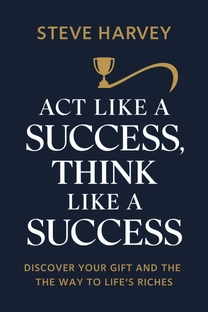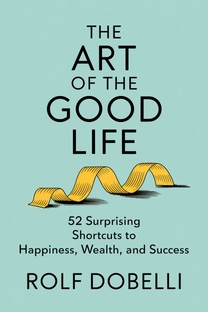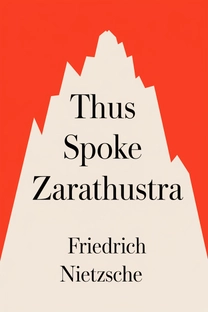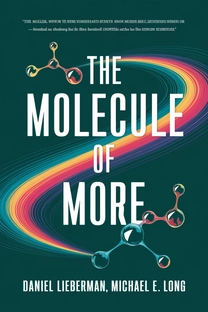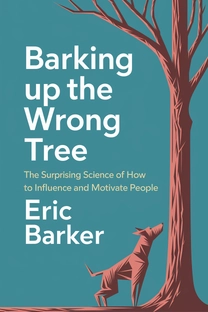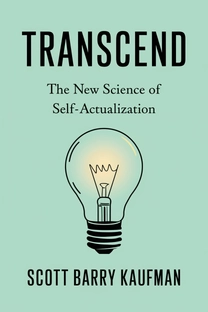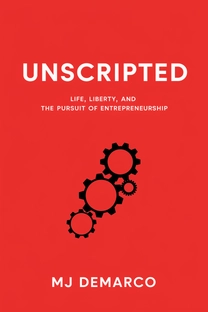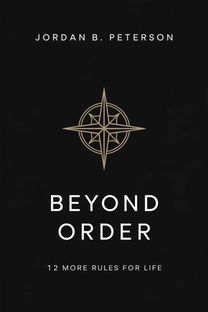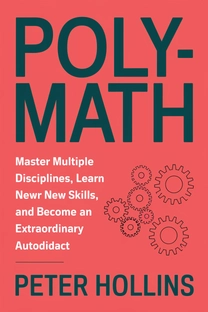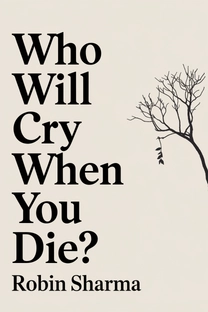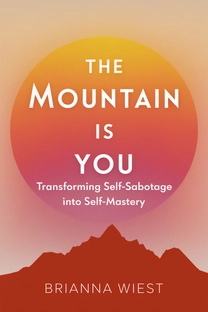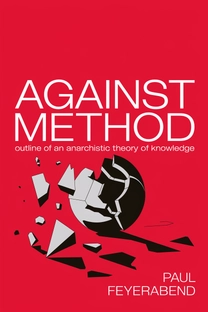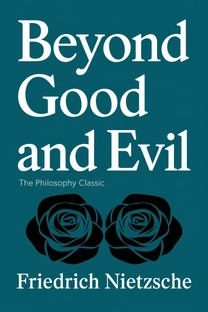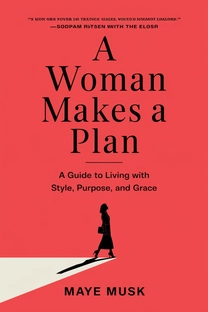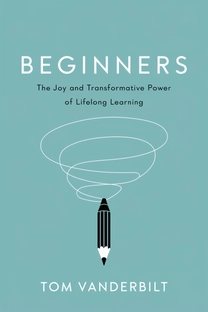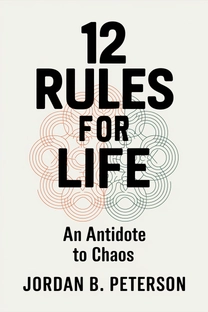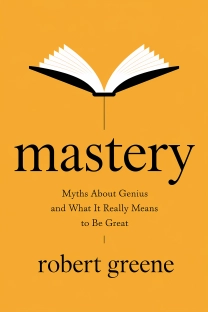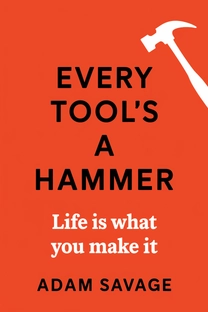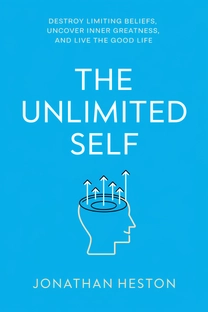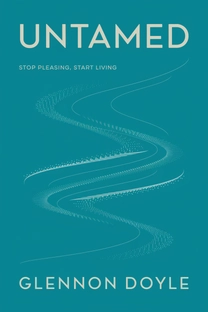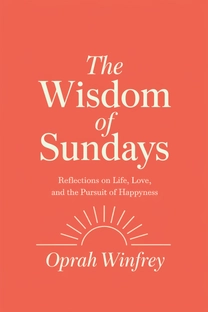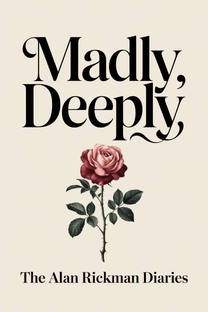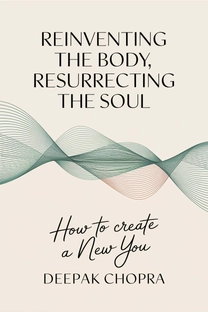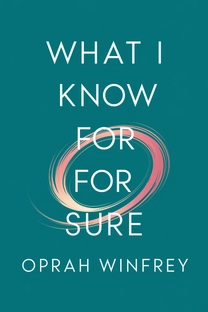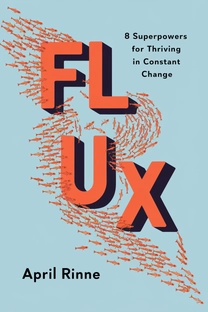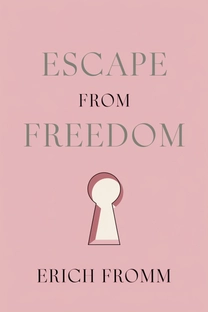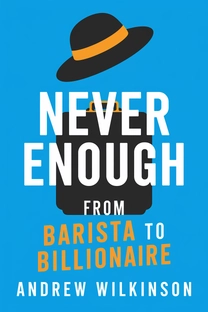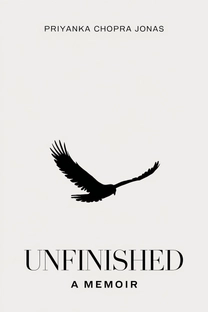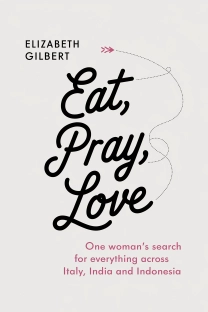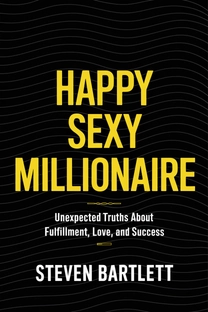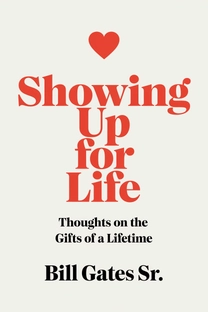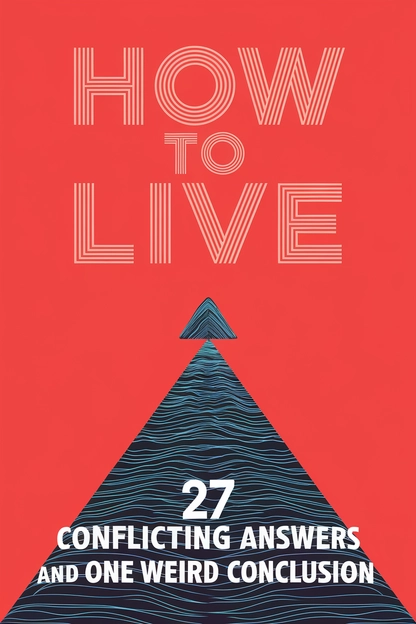
How to Live
27 Conflicting Answers and One Weird Conclusion
by Derek Sivers
Brief overview
This book explores a wide range of contradictory, yet deeply thought-provoking perspectives on how to live a fulfilling life. Rather than providing a single recipe for happiness, it encourages you to experiment with contrasting mindsets—from obsessing over the future to valuing only what has stood the test of time—and discover the philosophy that resonates most with you. By reading it, you will question old assumptions, grow in unexpected ways, and develop a deeper sense of purpose.
Introduction
Life is full of contradictions. We crave excitement but also long for peace. We want stability yet yearn for adventure. This book dives into these opposing desires, showing that there isn’t just one right way to live. Through reflecting on conflicting theories—from ignoring all new technology to chasing a future that never sleeps—you’ll see how each perspective can spark surprising insights.
Rather than despairing over which path is correct, imagine that each approach is partly valid. By letting yourself explore these extremes, you learn creativity in balancing them. If you’ve ever felt torn between wanting to stay home with familiar comforts or plunging into the unknown, you’re not alone. These contrasting mindsets can actually help you illuminate how you truly want to spend your time.
So get ready to discover ideas that clash wildly—like shutting out all modern hype versus welcoming tomorrow’s inventions. You might be surprised to find flashes of truth in both. The conflicting nature of this exploration brings a sense of freedom: there’s no single right answer, only a wider range of possibilities that you can adapt to fit your life.
Multiple Paths, One Life
Many of us believe we should choose one path—one philosophy, one religion, or one ultimate plan—then follow it rigidly. But this book suggests that life isn’t a linear road. It’s a branching river, with streams that occasionally rejoin. Each path holds its own lessons, from burying your nose in timeless classics to exploring the latest digital trends.
The key is not to pick one outlook forever but to test various frameworks. You might set aside the newest craze for a year, focusing instead on deep work and the wisdom of old beliefs. Or you might reject all that’s tried and true in favor of being the cutting-edge pioneer. Each approach has pros and cons—and you’re free to blend them in your daily life.
When you stop fearing the idea of ‘inconsistency,’ you gain freedom. It’s okay to pivot from living in the moment to planning for a distant future. There’s nothing contradictory about using multiple strategies to solve the puzzle of a single life. Ultimately, the bigger your toolbox, the more flexible and resourceful you will be.
Commit Deeply—or Let Go
One powerful theme is the idea of absolute commitment. Pick one goal, one relationship, or one craft, and vow to master it—or stay in it—no matter what. This deep level of dedication transforms ordinary tasks into purposeful rituals and helps you develop unwavering focus.
Yet the opposite also appears valid: you can let go quickly, refusing to settle or cling. By discarding outdated opinions and relationships that no longer serve you, you remain adaptable. Whether you commit to one city for life or hop from country to country every year, both stances drive growth in different ways. You either learn from building profound roots or from exploring breathtaking new landscapes.
Ultimately, you are free to decide how far you want to go in each direction. Maybe you’ll commit in some areas (like marriage or a dream job) while embracing spontaneity in others (perhaps frequent relocations or new hobbies). Each approach to commitment gives a different texture to your experiences, and questioning both extremes curbs regret.
Honor the Past and the Future
A striking takeaway is how some chapters urge you to cling to what endures—cherish traditions that have stood tall across generations, invest in time-tested skills, and resist the lure of the new. Others boldly proclaim to chase the next frontier, to look only ahead at emerging technology, new acquaintances, and fresh inventions.
Adopting a past-focused lens can help you filter out fleeting fads. It brings grounding, humility, and a sense of continuity. Instead of staying hooked to social media news feeds, you might read the works of ancient thinkers or cultivate local crafts. That slower pace fosters depth and helps you appreciate the calm power of nature and human tradition.
Yet leaping toward the future sparks a thrilling ride, fueling creativity and constant reinvention. This forward-looking posture challenges you to become a life-long learner, scanning for what’s coming next. Both orbits keep you curious. One finds wisdom in the old, and the other finds inspiration in the new. Combine them to create a personal timeline that respects history and beckons tomorrow.
Cultivate True Connections
True connection goes beyond a polite greeting or social media update. It’s built through openness and empathy. Rather than relying on shallow pleasantries, this book suggests sharing your honest story—failures, joys, and fears—and receiving others’ truths with genuine attention.
A recurring theme is that giving a real compliment, or offering undivided focus, can mean more than any grand gesture. When you drop your guard, you pave the way for deep friendships or supportive mentors. It’s about balancing independence with the recognition that we all need each other.
Embrace curiosity. Ask thoughtful questions like, “What’s been on your mind lately?” or “What do you wish more people understood about you?” Listen well, and respond without a script or rushed judgment. You’ll find that forging a true bond not only benefits others; it unlocks a stronger, kinder version of yourself.
Balance and Unplug
In our frenzy to achieve more, be social, and chase the latest gadget, it’s easy to become restless and vacant. The text stresses the power of stepping back: do nothing, unplug from distractions, and refill your mental well. While it might sound lazy, deliberate inaction often clarifies the true value of each potential activity.
Contradictory ideas appear here too: one viewpoint says to schedule everything so you don’t leave important goals undone. Another says to free yourself from to-do lists, living spontaneously. Both can be correct, depending on your nature. If you’re overstressed, a looser approach might restore vitality. If you’re drifting aimlessly, structure might create a fulfilling routine.
Balancing these extremes is an art—learning when to dive into tasks and when to simply be. You can keep a skeleton schedule that ensures your core needs are met, while leaving plenty of unplanned time to welcome sudden inspirations or restful breaks. Refusing to be enslaved by busyness is itself an act of self-awareness.
What is How to Live about?
In "How to Live: 27 Conflicting Answers and One Weird Conclusion," Derek Sivers invites readers into a kaleidoscope of life philosophies, each vying for the answer to a quintessential question: how should we live? This unique book moves beyond the bounds of traditional self-help, challenging the notion of a singular path to fulfillment. Instead, Sivers offers a collection of radically different perspectives—from savoring every present moment to planning meticulously for the future—reflecting the beautiful chaos of our human experience.
What makes this book compelling is its exploration of opposing ideas, each offering a fresh lens through which to view the world. It encourages readers not just to adopt a predetermined formula, but to engage in a bold experiment of living, testing different ways of being. Whether embracing minimalism or seeking maximum growth, each chapter nudges readers to broaden their worldview, sparking transformative insights that lead to personal evolution. "How to Live" matters because it not only acknowledges the contradictions we encounter but also leverages them as means to cultivate deeper understanding and purpose.
Review of How to Live
Derek Sivers has crafted "How to Live: 27 Conflicting Answers and One Weird Conclusion" as an exploration of the paradoxical nature of life, presenting a series of insights that are both engaging and intellectually stimulating. The book's key strength lies in its refusal to enforce a singular viewpoint, instead encouraging multiple, clashing perspectives to co-exist. Sivers' prose blends clarity with humor, delivering complex ideas in a manner that feels both accessible and profound.
Practical takeaways abound, urging readers to embrace seeming contradictions—such as finding independence in community or growth in deliberate simplicity. Whether writing on mastering a single pursuit or fostering varied experiences, Sivers offers actionable tools that invite re-examination of one's habits. Ideal for readers who yearn for practical wisdom without dogma, the book speaks to those comfortable in navigating life's uncertainties with an open mind and heart.
Accessible yet thought-provoking, "How to Live" is a standout for its ability to remain relevant across different life stages. It blends insightful narrative with conversational prose, making it a suitable recommendation for anyone navigating the complexities of life. By the book's end, readers are left with a sense of liberated empowerment—guided by curiosity, introspection, and the freedom to live life authentically, in a manner most resonant with their unique journey.
Who should read How to Live?
- Philosophically Curious Individuals: Readers interested in exploring diverse worldviews and understanding their personal beliefs will find this book highly stimulating.
- Life Coaches and Counselors: Professionals who guide others in personal and career development will gain valuable insights for expanding their toolset for client engagement.
- Mindfulness Enthusiasts: This book offers fresh perspectives on living in the moment, balancing cognitive approaches with experiential wisdom.
- Young Adults and Graduates: Those entering new life phases seeking adaptable life strategies will benefit from the book's kaleidoscope of viewpoints.
- Creatives and Artists: Individuals involved in creative fields who thrive in spaces without rigid rules will find inspiration in the book's encouragement of embracing contradictions.
About the author
Book summaries like How to Live
Why readers love Mindleap
10-Minute Book Insights
Get the core ideas from the world's best books in just 10 minutes of reading or listening.
Curated For You
Discover your next favorite book with personalized recommendations based on your interests.
AI Book ExpertNew
Chat with our AI to help find the best book for you and your goals.
Reviews of MindLeap
Love how I can get the key ideas from books in just 15 minutes! Perfect for my busy schedule and helps me decide which books to read in full.
Alex R.
The summaries are incredibly well-written and the audio feature is perfect for my commute. Such a time-saver!
Jessica M.
Great app for personal growth. The insights are clear and actionable, and I love how they capture the essence of each book.
Chris P.
The app is beautifully designed and the summaries are top-notch. Definitely worth every penny!
Sarah K.


